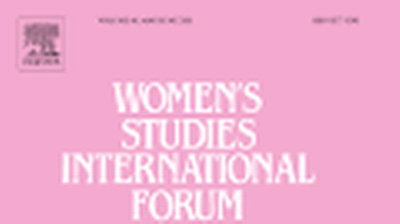Alternatives to gender quotas : electoral financing of women candidates in Malawi
Gender quotas change the rules of candidate selection, reflecting a demand-side solution to women's underrepresentation in politics. In contrast, limited attention has been given in the literature to possible supply-side solutions, which would equip women with resources to make them more attractive to selectors—in conjunction with, or separate from, gender quotas. Proposing a new research frontier for quota scholars, this article examines the ‘50–50 campaign’ ahead of the 2009 elections in Malawi, in which donors and the government assisted women aspirants with financial resources and publicity. Although these elections witnessed a 9% rise in women candidates from 2004, some of the increase represented a rise in women running as independents, suggesting that the campaign failed to sufficiently address the role of weak and biased party organisations. While electoral financing can avoid certain disadvantages of gender quotas, it may not be possible to overcome negative perceptions of women in politics.
https://doi.org/10.1080/00344893.2014.951235




